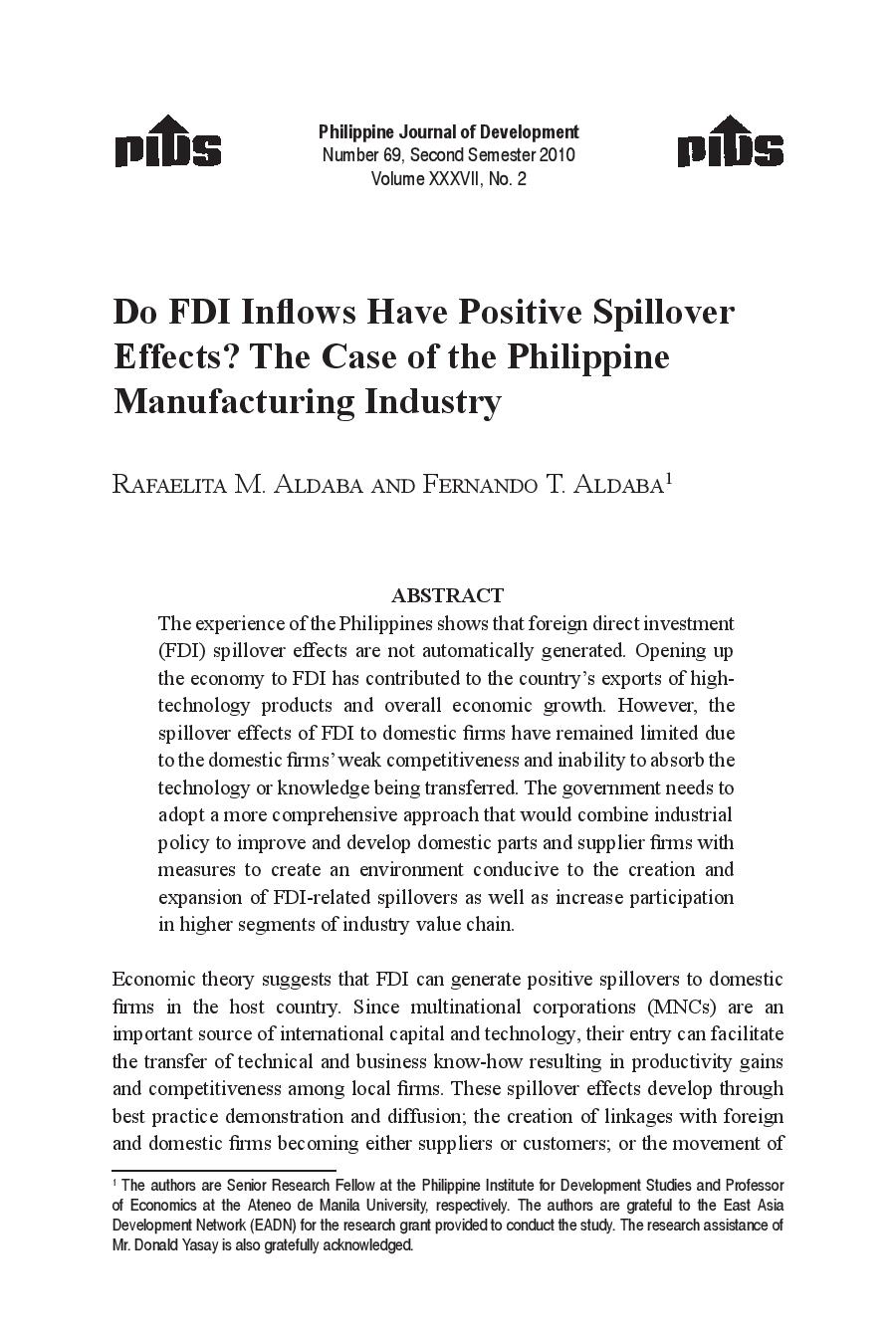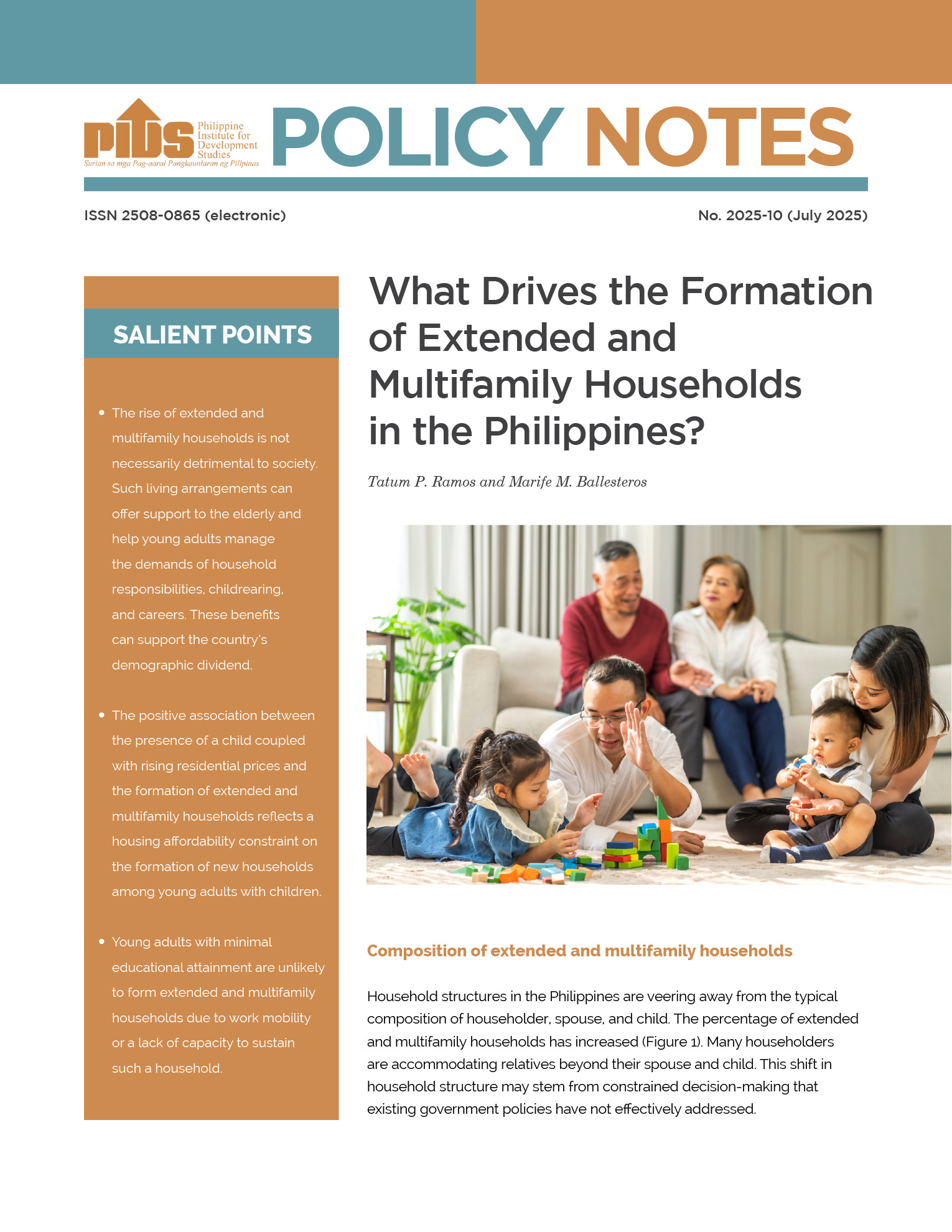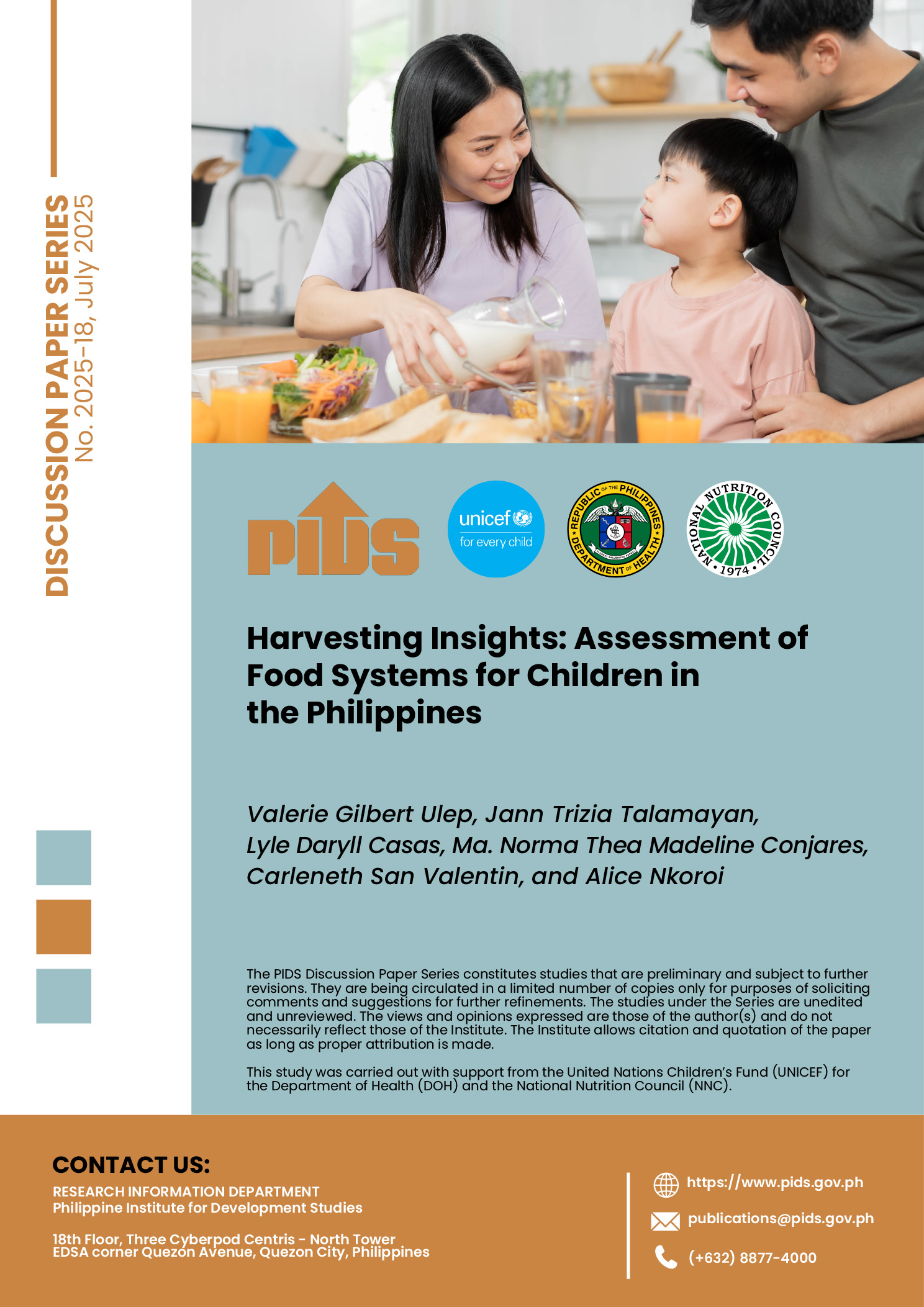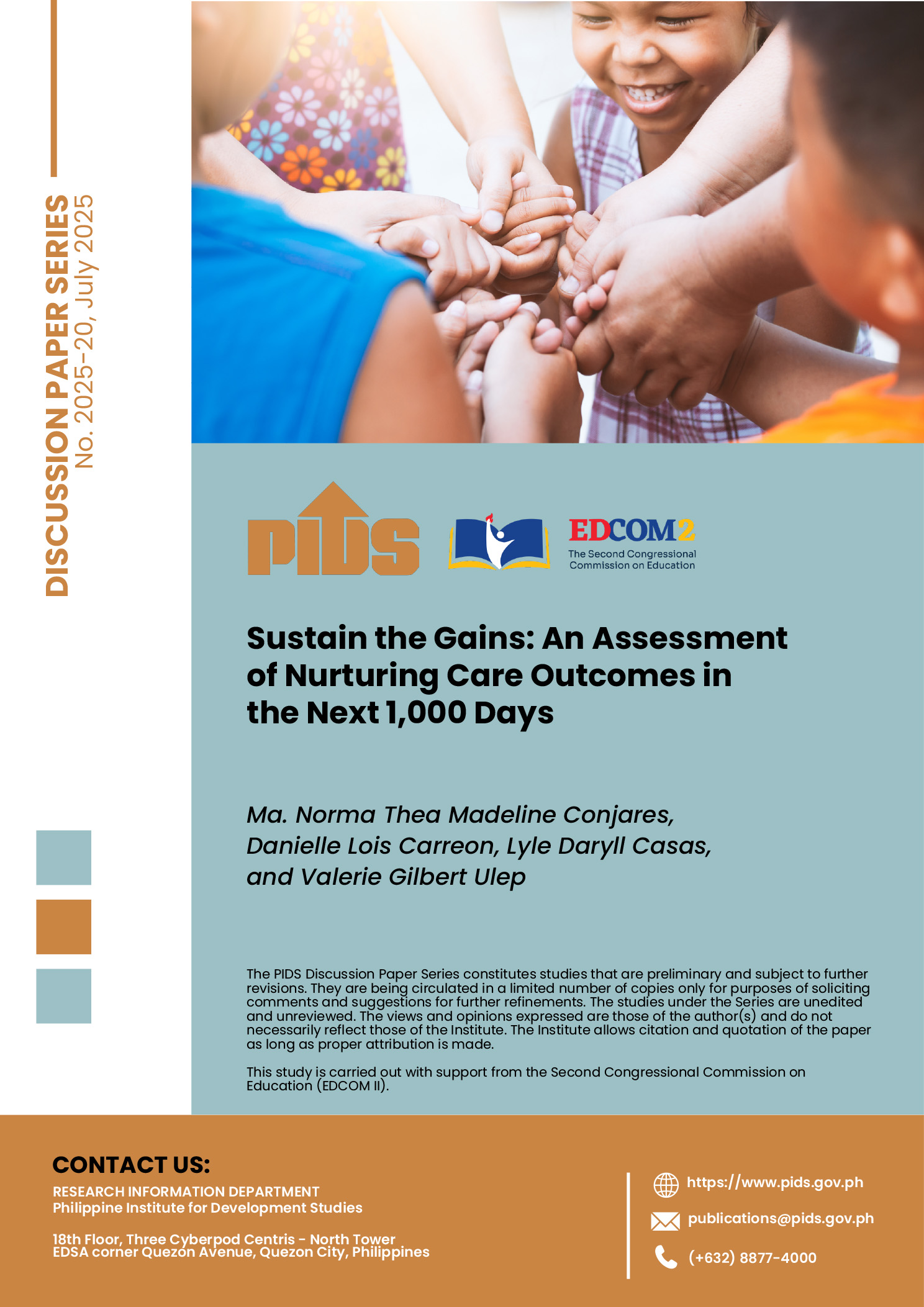The experience of the Philippines shows that foreign direct investment (FDI) spillover effects are not automatically generated. Opening up the economy to FDI has contributed to the country`s exports of high-technology products and overall economic growth. However, the spillover effects of FDI to domestic firms have remained limited due to the domestic firms` weak competitiveness and inability to absorb the technology or knowledge being transferred. The government needs to adopt a more comprehensive approach that would combine industrial policy to improve and develop domestic parts and supplier firms with measures to create an environment conducive to the creation and expansion of FDI-related spillovers as well as increase participation in higher segments of industry value chain.
Citations
This publication has been cited 3 times
- Demena, Binyam A. and Peter A. G. van Bergeijk. 2017. A meta-analysis of FDI and productivity spillovers in developing countries. Journal of Economic Surveys, 31, no. 2, 546-571. Wiley Blackwell.
- Sjöholm, Fredrik. 2013. Foreign direct investments in Southeast Asia. Working Papers 2013:37. Lund University, Department of Economics.
- Sjöholm, Fredrik. 2013. Foreign direct investments in Southeast Asia. Working Paper Series 987. Research Institute of Industrial Economics.













